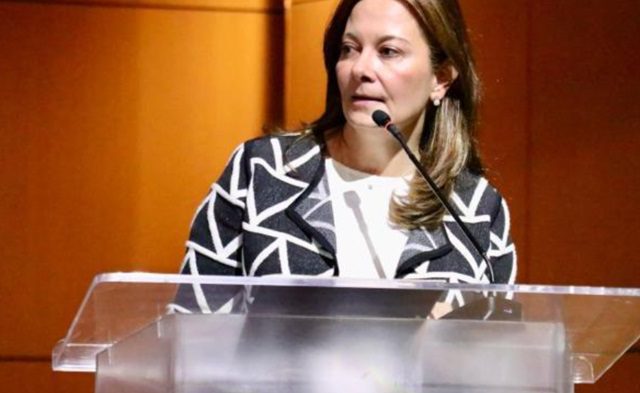BTN News: At the end of last year, as many stakeholders in the Colombian healthcare sector anxiously awaited the government’s decision on the Capitation Payment Unit (UPC), the Ministry of Health issued two crucial resolutions: 2364 and 2366. These resolutions outlined an increase in the UPC—a per-user payment that the EPS (Health Promotion Entities) receive—and introduced additional measures aimed at strengthening healthcare delivery across the country. Among these measures, a new mandate required the EPS to allocate 5 percent of the UPC to the creation of basic health teams, a decision that has stirred significant debate within the sector.
The government’s vision for these basic health teams is ambitious and far-reaching. Comprising nurses, physicians, psychologists, and other healthcare professionals, these teams are designed to extend healthcare access to even the most remote areas of Colombia. Their mission is to uphold the constitutional right to health by engaging in health promotion, disease prevention, and responsive interventions tailored to the unique needs of isolated communities. This initiative is intended to address longstanding disparities in healthcare access and ensure that no Colombian, regardless of their location, is left without essential health services.
However, this directive has not been well-received by all parties involved. The EPS sector, already burdened by the financial aftermath of the COVID-19 pandemic, has voiced concerns about the feasibility of this requirement. They argue that while healthcare costs have escalated, the UPC increase has not been sufficient to cover these rising expenses, leaving the sector underfunded. The association representing the EPS, Acemi, took legal action against the government’s resolutions, challenging their validity and the financial strain they impose on the healthcare system.
In their legal argument, Acemi’s president, Ana María Vesga, requested the suspension of specific articles within the resolutions, citing procedural irregularities in their issuance. Vesga argued that these resolutions were improperly published, which should render them invalid. Despite these arguments, on July 30th, the Council of State ruled against Acemi’s request, thereby upholding the government’s mandate. As a result, EPS entities are now obligated to comply with the requirement to use 5 percent of the UPC for establishing and operating the basic health teams, as stipulated by the Ministry of Health.
The ruling by the Council of State also reinforces the position taken by the Ministry of Health in December 2023, which fixed the UPC for 2024 and outlined the conditions for its allocation. This decision effectively overturned temporary measures implemented by the Constitutional Court in May of the same year, which had suspended the 5 percent allocation pending a final decision from the Council of State. With the recent ruling, the EPS must now proceed with the implementation of these teams, a move that could transform the landscape of healthcare delivery in Colombia.
Despite the Council of State’s decision, Acemi maintains that the court’s ruling does not invalidate the Constitutional Court’s earlier order, which temporarily halted the 5 percent allocation. They emphasize that the legal battle is far from over, with several annulment processes still underway. Additionally, Acemi has filed an appeal against the Council of State’s ruling, arguing that the provisional suspension of the resolutions should be reconsidered.
The tension between the government’s healthcare agenda and the financial realities faced by the EPS highlights a broader challenge in the Colombian healthcare system. While the creation of basic health teams represents a significant step towards achieving equitable healthcare access, the financial sustainability of such measures remains a contentious issue. As the legal processes continue, the outcome of these disputes will likely have profound implications for the future of healthcare funding and delivery in Colombia.


